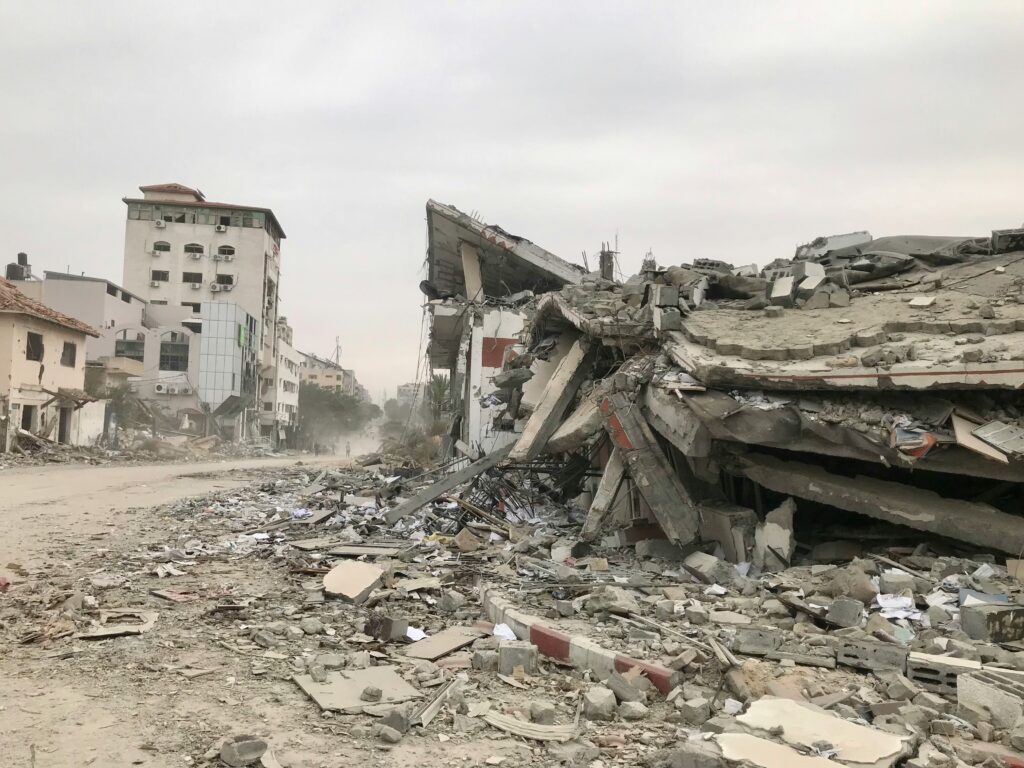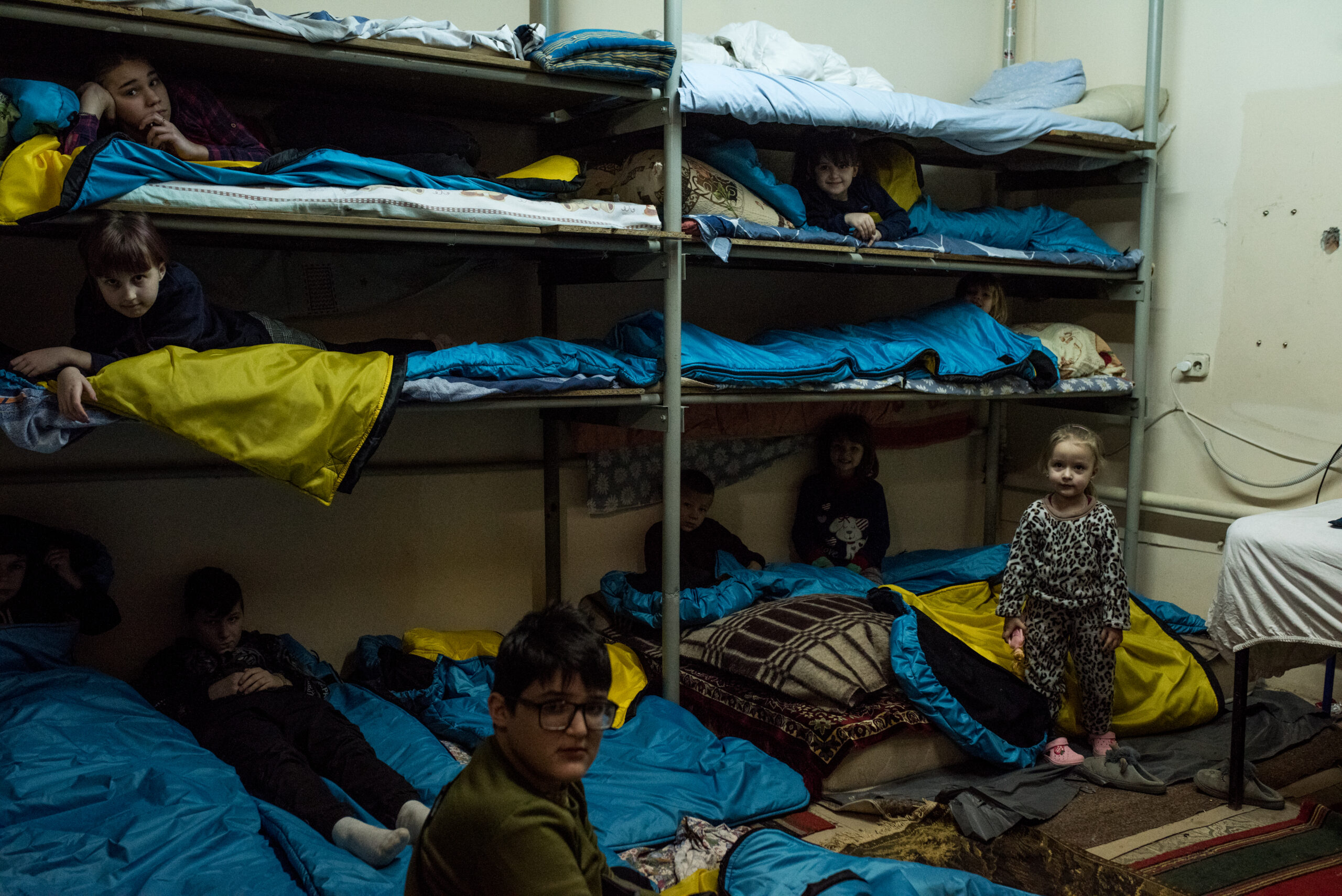In an era marked by persistent conflicts and emerging new crises, the pursuit of peace and justice remains a global priority more than ever. Two recent events – the war in Ukraine and the Israeli-Palestinian conflict – offer painful testimony to the challenges we still face in building a more secure and equitable world.
Cover photo credits: Elena Tita @ war.ukraine.ua
The Israeli-Palestinian Conflict: A Call for Justice and Peace
The Israeli-Palestinian conflict, with its deep roots and its tragic current manifestations, reminds us how urgent it is to find lasting solutions that guarantee justice and peace for all parties involved. The situation in Gaza, described as a theater of untold suffering for the civilian population, raises profound questions about the international community's responsibility to protect civilians and promote lasting peace. The polarization of international public opinion, with the resurgence of anti-Semitic and Islamophobic sentiments, threatens to further aggravate tensions and hinder the search for a fair solution.

The need for a permanent ceasefire, adequate humanitarian corridors, the release of hostages and, above all, a real political solution, becomes increasingly evident. The fight against all forms of discrimination is intrinsically linked to the search for peace: there can be no security without equality, rights and freedom.
The Crisis in Ukraine: An Appeal to Reason and Peace
Similarly, the crisis in Ukraine highlights the folly of war and the importance of resolving conflicts through dialogue and mutual respect. The threat of a new war in Europe brings with it the prospect of unimaginable devastation and suffering. This is a critical moment for the European Union and for international politics, a time to act decisively to prevent an escalation of the conflict.
The EU is founded on the principles of peace and cooperation and must courageously address the problems that have long affected Ukraine and its eastern borders. Respect for international legality, democratization, the revival of political dialogue and cooperation are essential to defend human rights and promote peace. Human security must prevail over the security of states.
Towards a Culture of Peace
These conflicts painfully remind us of the need for a culture of peace, based on dialogue, respect for human rights and social justice. We want this article to be an invitation to recognize the irreplaceable value of peace and to work together for its realization.
The protection of civilians, respect for international law, the fight against racism and discrimination, and the commitment to dialogue and cooperation are the pillars on which to build a future of solidarity. Certainly, this process requires patience, tenacity and a willingness to look beyond divisions, recognizing the shared humanity that unites us all.
In a world characterized by uncertainty and conflict, the culture of peace emerges as a beacon of hope. Through education, dialogue and concrete action, we can work together to transform conflict, promote justice and build a more peaceful world for future generations.
Peace is possible, but it requires the commitment of all of us.



